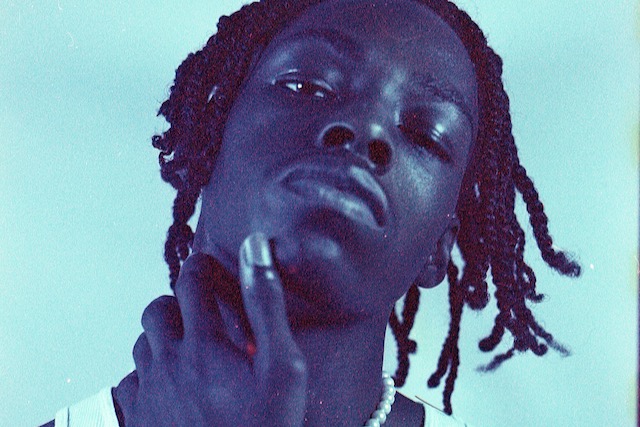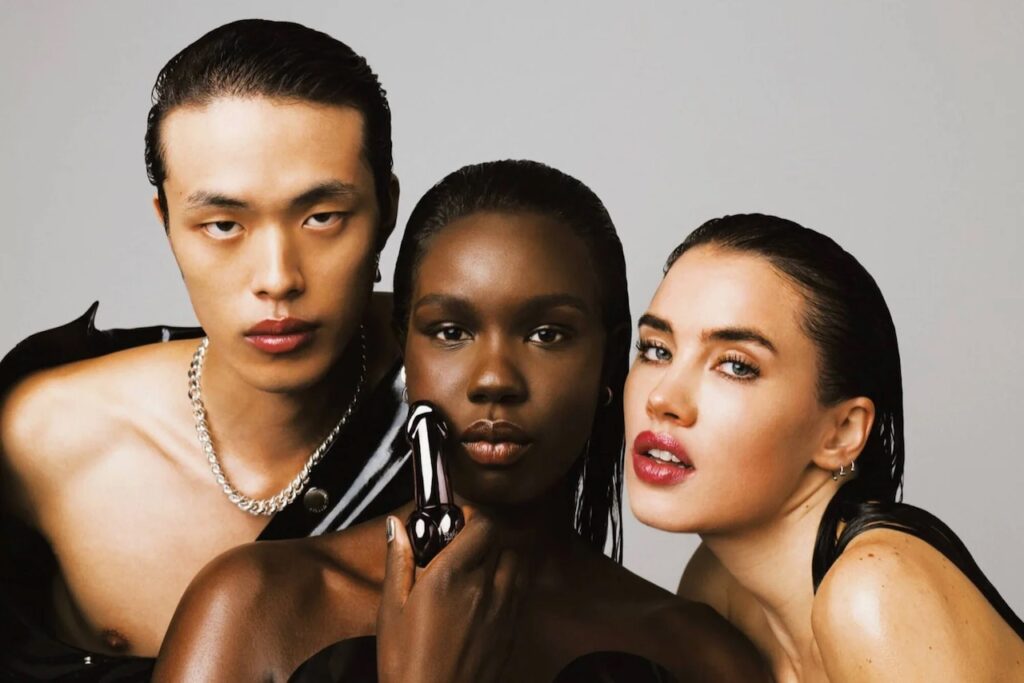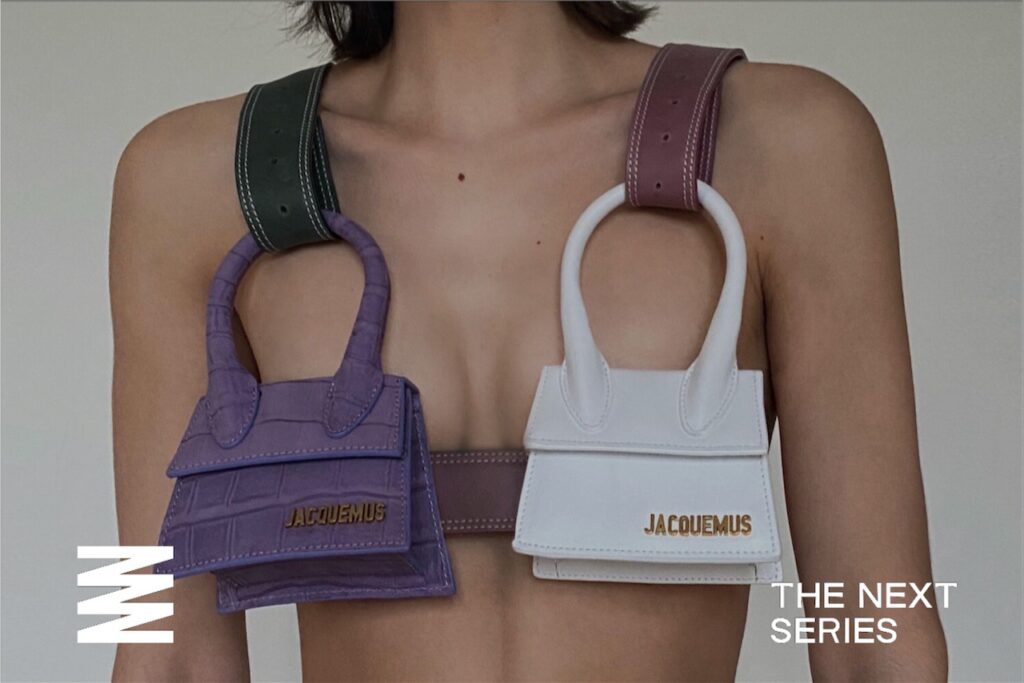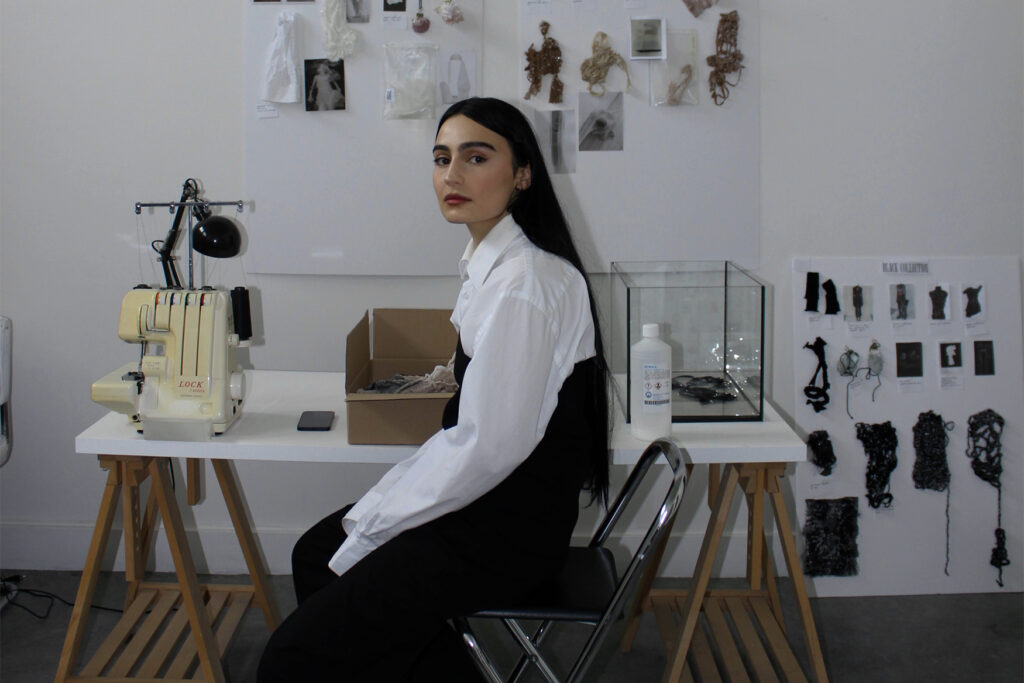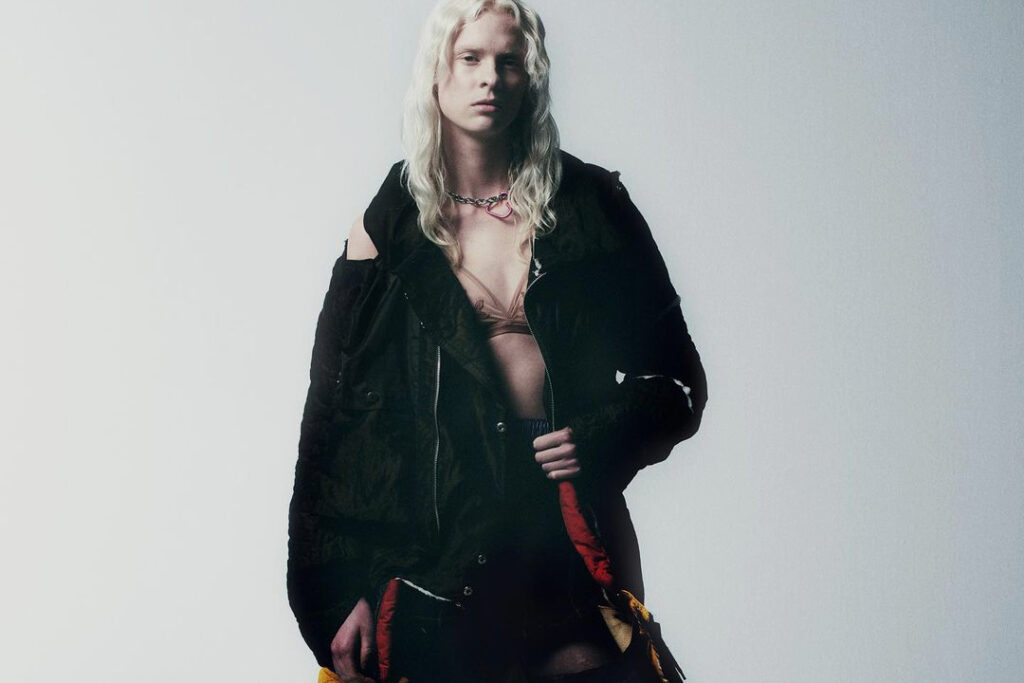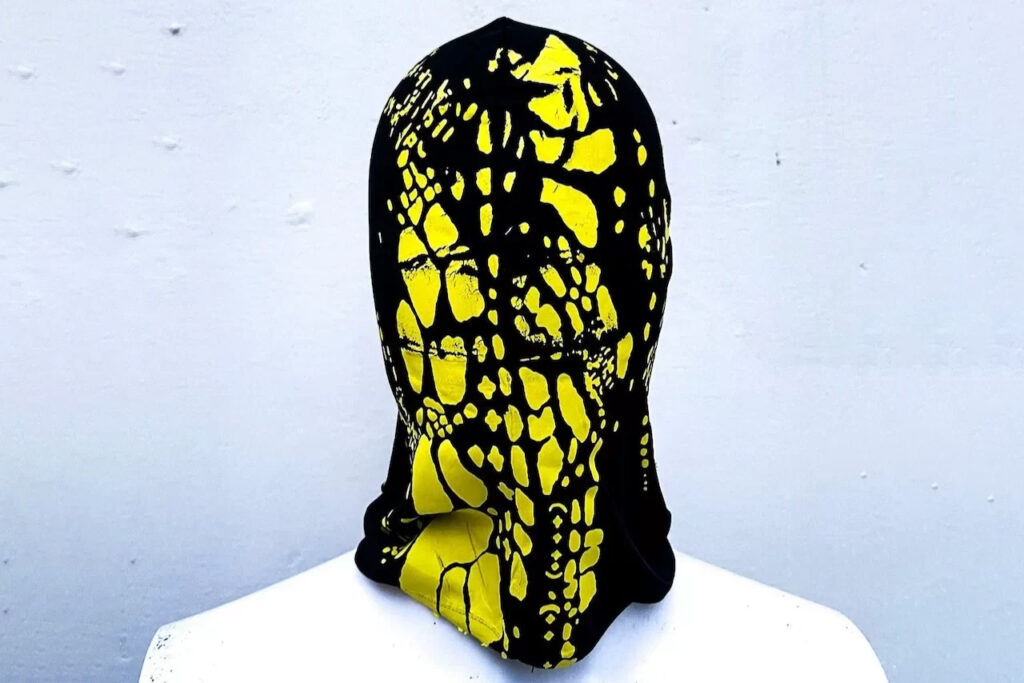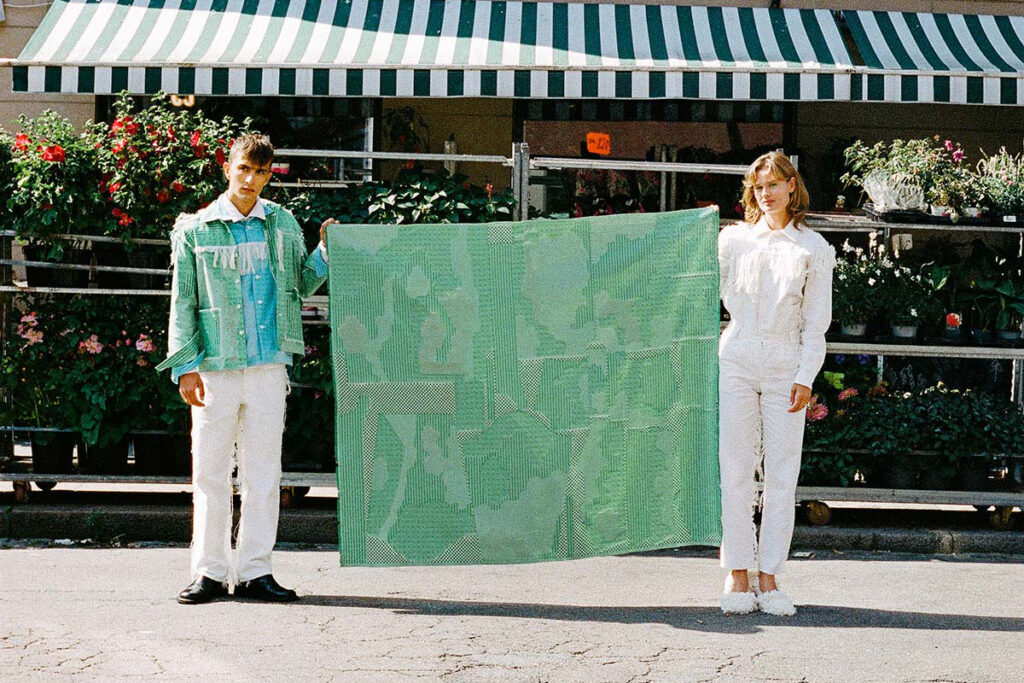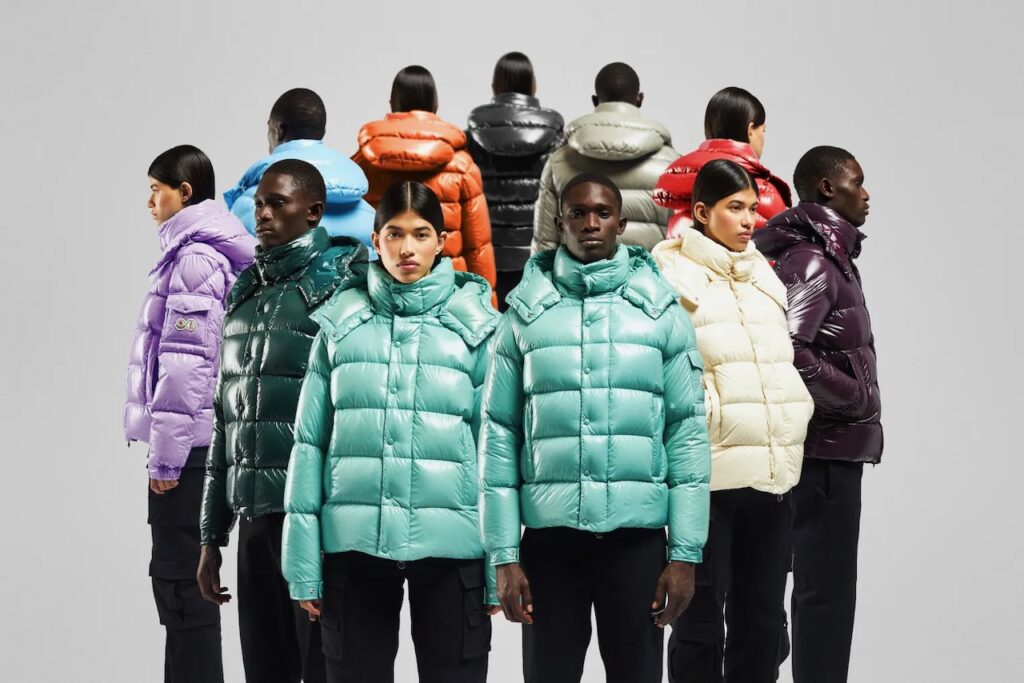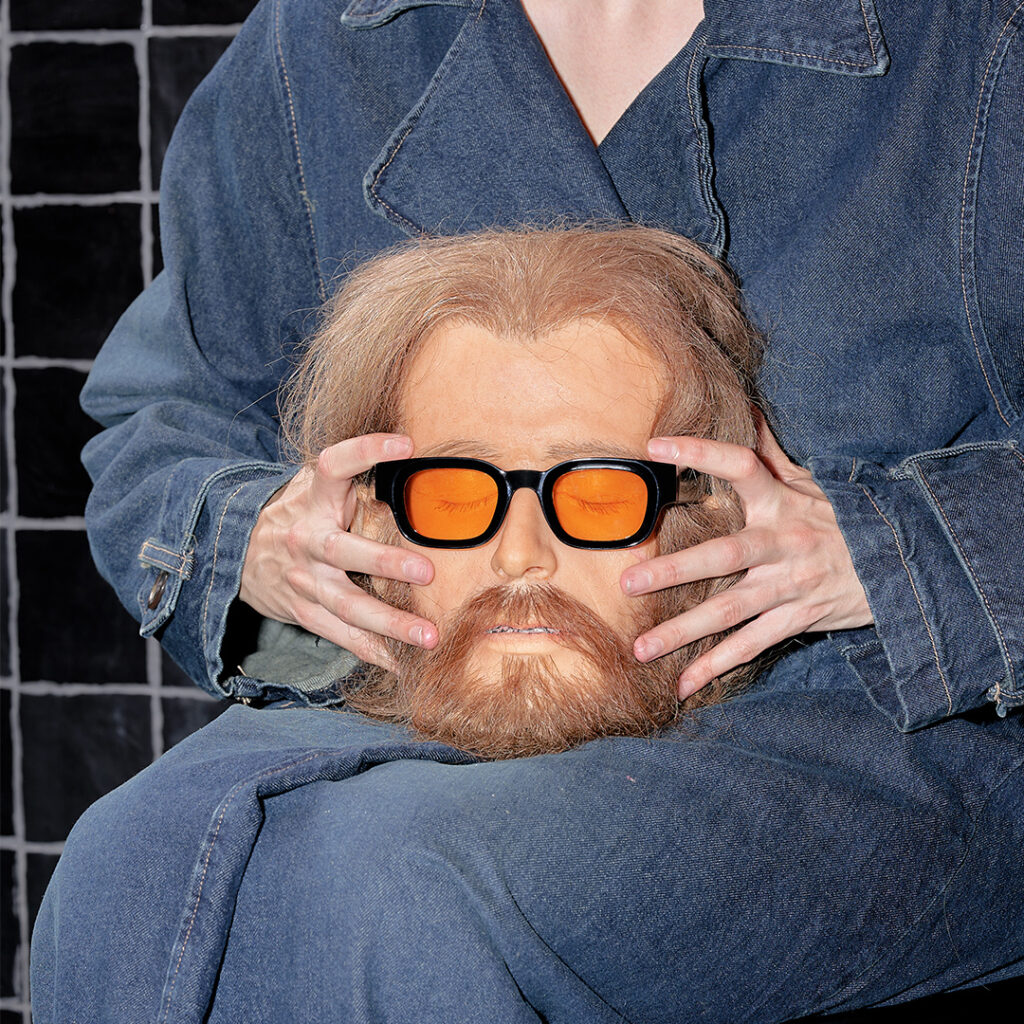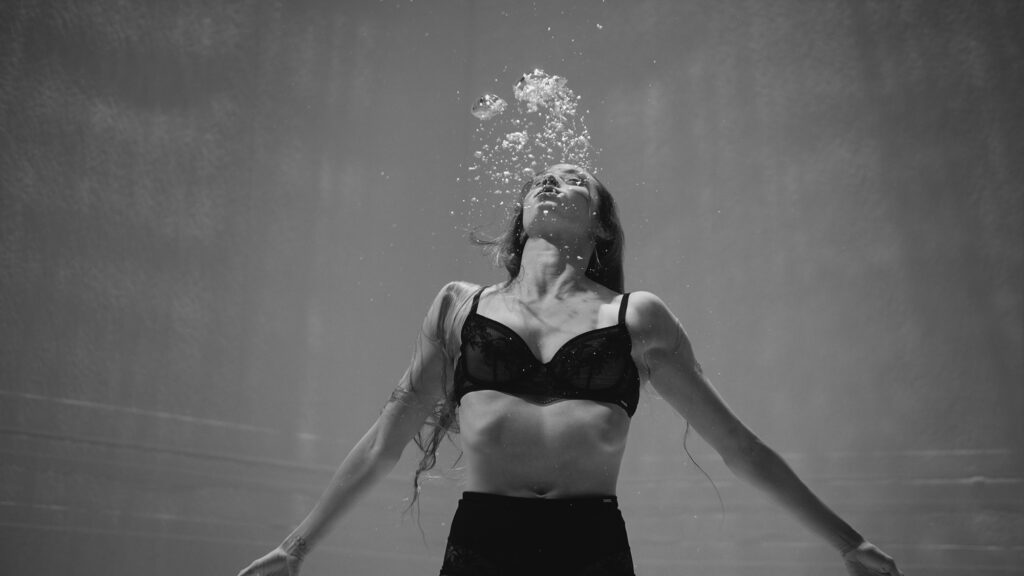
We had a talk with Erwin Miedema, founder of clothing label Rolánn & sustainable clothing production company Kleerlijk. Since sustainable fashion is more than ever a relevant & important topic, we asked Erwin some questions about sustainability in the fashion industry & his company Kleerlijk.
How did you become so interested in the production process of clothing?
A lot of people don’t know anything about the time and effort being put into one product. That’s what intrigued me the most: I wanted to learn everything about clothing, not just how to style the right combinations of garments, but also the production process on how exactly a product is made.
So you started your own company in the production of clothing called Kleerlijk. What does Kleerlijk do exactly? And why the name 'Kleerlijk'?
Kleerlijk produces for brands who want to contribute to a fair fashion industry. We see a lot of brands shifting from the Asian market to the local market. I want to make the local market accessible again for brands who want to try out local production. That’s why we offer sample days, where we will make a sample of the garment for the brand within a day while the client waits in our atelier and low quantity orders. That is exactly what Kleerlijk stands for, a name with two of our most important values: kleding & eerlijk (which means 'clothing' & 'honest' in Dutch).

Erwin, founder of sustainable clothing company Kleerlijk.
What motivated you to start with Kleerlijk?
I’m really done with all the Asian market produced clothing. The working environment is horrible, the wages are low and the quality is bad in general. That’s why I want to contribute to the local fashion market: high-quality clothing produced by people who have poor job prospects, paid by the Dutch standards.
How does the team behind Kleerlijk look like?
The team consists of two tailors named Dammika and Fadi, who have years of experience in the fashion industry. I’m very happy that they’re in my team and that we’re able to provide jobs for them in what they love to do most: producing high-quality clothing.

Dammika, who works full-time at Kleerlijk.
From the moment that you started to get interested in sustainable fashion till today, how has the fashion industry changed since then?
I’m happy to see that a lot of brands questioning what kind of production process they’re using for their collections. There is a real switch going on from the 'fast fashion' market to the 'slow fashion' market. I’m happy we can provide the service and quality so other brands can make this important switch.
What are the main problems you see in the fashion industry today?
I see a lot of brands starting up without exactly knowing what’s going on in their business. I think transparency & knowledge about what you offer is very important. Now, customers want to know more than ever what they’re wearing and paying for. It’s not just a t-shirt with a logo on it, it’s so much more than that and brands need to realize that. 'Slow fashion' is more focused on sustainability.

What are the next steps for Kleerlijk?
We’re actually expanding quite rapidly. After only 2 months we were able to provide Dammika a full-time contract, while Fadi works here for 16-24 hours. The next step is to also provide Fadi with a full-time contract. After that, we want to create more workspaces for other people as well!
Are there any other ways how you see yourself in the future contributing to sustainable fashion, besides your work with Kleerlijk?
We’re working on producing our own fabrics in the Netherlands, this project is to be expected in early 2021! We’re really excited about that since we will only use organic fabrics and we are able to do it exactly the way we like it.

